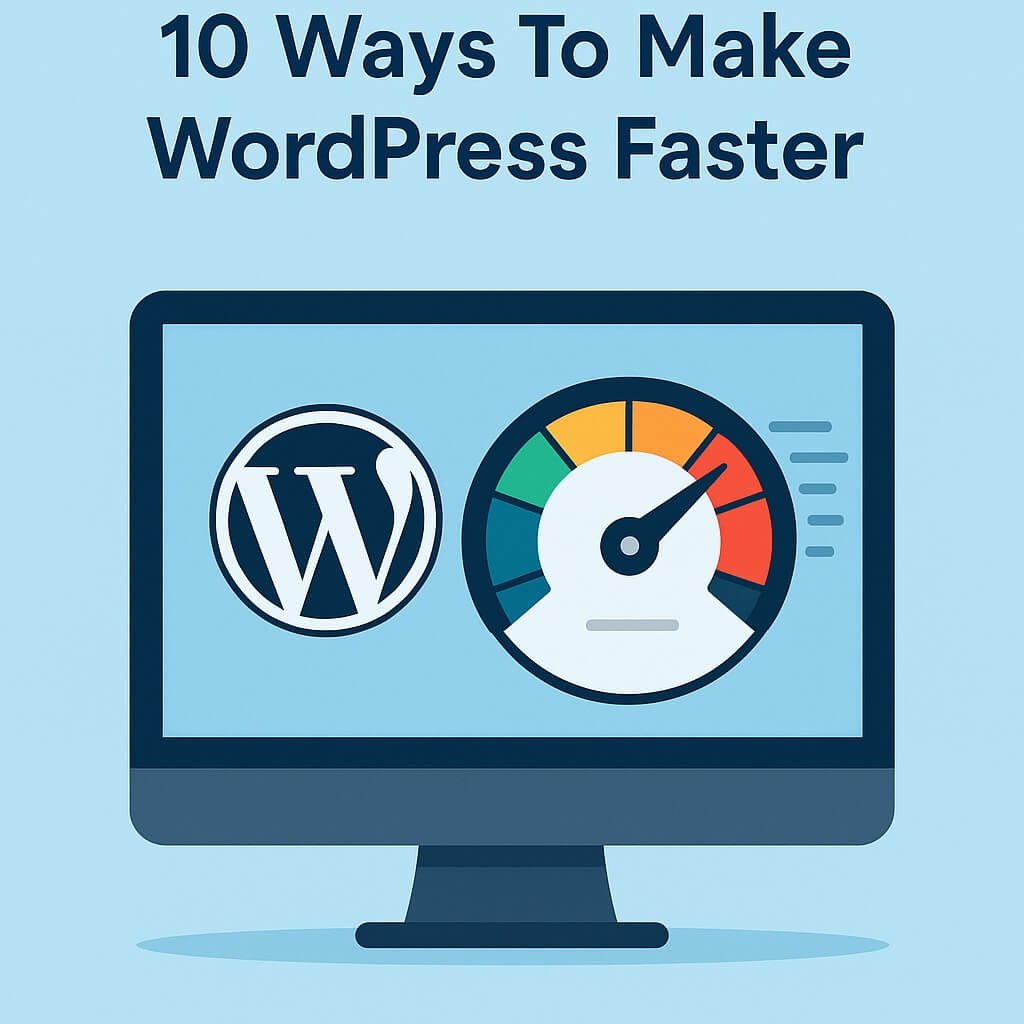-
Are you experiencing a slow, unreliable website performance on your news media platform? We’ve been in that boat too and discovered that the hidden hero behind a successful online presence is often an unsung one – web hosting. This article dives deep into why web hosting services play such a crucial role in the success…
-
Advanced Security for Your VPS at Hostek What is Imunify360 and why it may be a great choice for you! When you run a Virtual Private Server (VPS), security isn’t just a checkbox — it’s a constant priority. Whether you host a single business site, manage multiple client websites, or run applications on your VPS, protecting…
-
You’ve poured your heart and soul into building a stellar online presence, but one day you wake up to a nightmarish scenario: website downtime. We know the feeling – it’s like watching years of hard work crumble in an instant. Did you know that every minute your site is down, profits are leaking away? This…
-
In today’s connected world, system reliability and performance are critical for both network and database infrastructures. Whether you’re managing enterprise systems, hosting services, or running cloud-based applications, ensuring consistent uptime is essential. Two powerful technologies that can help achieve this are HAproxy load balancing for network traffic and Galera MySQL clusters for database replication. Together,…
-
You’ve poured your heart and soul into building a stellar online presence, but one day you wake up to a nightmarish scenario: website downtime. We know the feeling – it’s like watching years of hard work crumble in an instant. Did you know that every minute your site is down, profits are leaking away? This…
-
There are many different web hosting plans available suited for different business and personal purposes. From running an online business to hosting a personal blog or website, there is a web hosting plan designed for your specific needs at an affordable price. Choosing a web hosting plan depends on your individual goals, budget, and server…
-
Hostek’s North American & European Staff Meetup: 2025 At Hostek, we’re more than just a team of remote employees — we’re a family that spans across countries, time zones, and coffee preferences. While we work virtually year-round, we also know how important it is to connect face-to-face. That’s why last month, we hosted our North…
-
& News about ConfigServer Security & Firewall EOL and your Options for Server Wide Coverage. We’re excited to announce the launch of Monarx, a new domain protection solution now available to customers using Linux-based cPanel/WHM hosting. Monarx is not your average security tool. It’s an AI-powered, proactive protection system that keeps your website safe by…
-

Here’s some interesting stats about time impact of slow web pages: Microsoft Found “A two second delay in response time for Bing, reduced user satisfaction by 3.8%, resulted in 4.3% less revenue per user.” A Report By LoadStorm Confirms One second delay in your website load time means 7% less conversions, 11% fewer page views…
-

At Hostek, we understand the critical role that hosting plays in the success of your business operations. This guide will delve into the essentials of enterprise hosting servers, offering insights and advice to ensure your business is equipped with the knowledge to make informed decisions. Understanding Enterprise Hosting Servers An enterprise hosting server is not…
